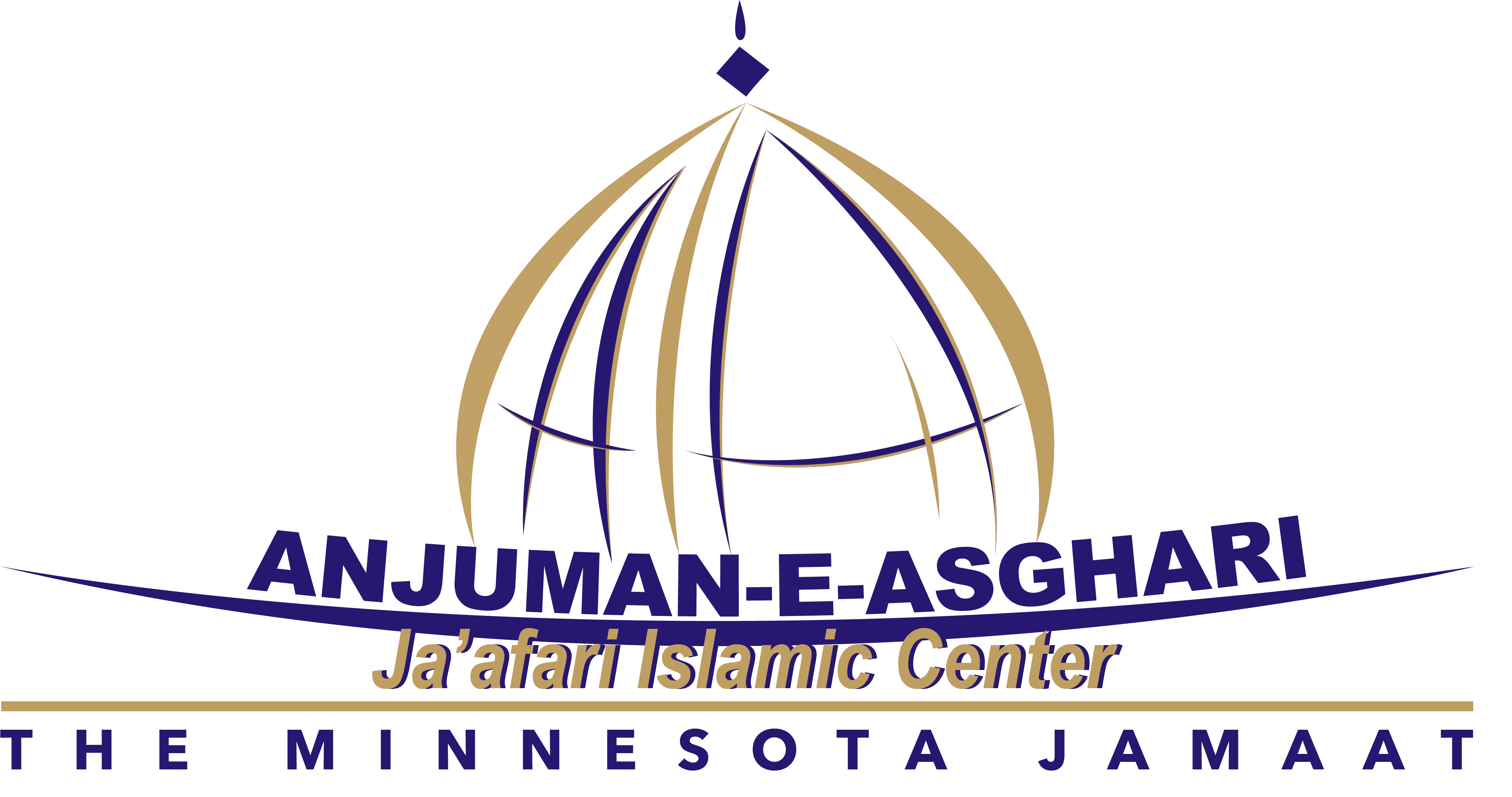Islam 101
A Short Introduction to Islam
Islam is one of the three major world religions. The word “Islam” means “Submission” and a “Muslim” is “one who is in Submission”. The first major belief of Islam is that there is only One God. The Arabic word for One God is “Allah”. Islamic belief in The God is strictly Unitarian, as opposed to the Trinitarian or “One God in Three Persons” belief of the majority of Christians. Most believing Jews are also strict monotheists.
In addition to not associating anything with Allah and being God conscious, it is obligatory on all Muslims to establish Prayers, practice regular charity, believe in the hereafter, fast during the holy month of Ramadhan (health and conditions permitting), perform pilgrimage at least once in their life time if financially capable, pay the poor rate, fight evil within their inner conscious, enjoin good and forbid evil.
The Quran is as a book of guidance. It sometimes offers detailed accounts of specific historical events, and it often emphasizes the moral significance of an event over its narrative sequence. During prayers, the Quran is recited only in Arabic.
History of Islam
Originally, the Arabs (descended from Prophet Ishmael) worshipped Allah. Their Holy Sanctuary was the Kaaba in Mecca in Western Arabia. Eventually, the majority of the Arabs turned away from and forgot Allah and began worshipping man-made idols. Various tribes would come to Mecca every year for the Pilgrimage and worship their false gods in the Kaaba. Jews and Christians settled in Western Arabia. Some Arabs even became Christians. Most Arabs continued to worship their false gods.
Then in the early 7th Century CE, Muhammad was called by Allah to be the Prophet to his people, the Arabs. Furthermore, Muhammad was to be the Last Prophet sent by Allah, and so the message of Islam was sent to the Byzantine and Sassanid (Persian) Emperors, and to other nations.
At first, Muslims worshipped in private, but soon it became time to tell the Arabs of Mecca about Islam. Some of the practices of the Arabs that Muhammad preached against were polytheism as well as treating women as mere property, burying alive unwanted female infants, mistreatment of slaves, mistreating or not helping the poor, and tribal warfare.
The Meccan rulers responded by persecuting the Muslims. Some Muslims were sent to live under the safety of the King of Ethiopia, where the Muslims successfully made their case against agents of the Meccan rulers who wanted to bring the Muslims back to Mecca. Eventually, the city of Yathraib, where some of the citizens had believed Muhammad’s Message, invited Muhammad to rule over them because of their internal conflicts. Thus, the first Islamic state was born. Those Muslims who could, fled to Yathraib, now called the City (of the Prophet), or Medina. The Meccan rulers attempted to murder the Prophet in his bed, but the Prophet managed to escape to Medina, while his cousin Ali stayed the Prophet’s bed, risking his life. When the assassins saw that it was Ali, they didn’t carry out their evil deed.
The Muslims of Medina were called the Helpers, while the Muslims who came from Mecca were called the Immigrants. The Meccan rulers attempted to destroy the Muslim state. The first major battle (of Badr) was a victory for the Muslims. The second major battle (of Uhud) should have been a victory also, but some archers abandoned their position to get their share of the “booty”, leaving the flank indefensible. The Prophet was almost killed in this attack. The third major battle (of the Trench) was fought when Mecca attacked Medina. The Muslims built a trench to protect the city and Medina was saved.
Then, The Prophet was able to make a treaty with the Meccans that appeared to be unfavorable for the Muslims. This allowed the Muslims to make their pilgrimage to Mecca during the following year, and allowed Muslims to send teachers to the other Arab tribes. This produced many converts. Finally, allies of Mecca broke the treaty after a few years, and the Muslims marched on and captured Mecca bloodlessly, as several of the Meccan leaders themselves declared they had become Muslims. Eventually, all of Arabia became a united Islamic state.
Today, Islam is the second-largest world religion with more than a billion Muslims worldwide and in most countries.
Health Resources
Our goal is to increase medical knowledge of community members to empower them lead productive and healthy lifestyles.
Free Clinics
Al-Hadi Clinic
Imam Husain Islamic Center (IHIC)
6120 Brooklyn Blvd
Brooklyn Center, MN
55429
Clinic Hours
Saturdays, 10:30 AM – 1:00 PM
Contact
Salmaan Mulla
Tel: (763) 260-1120
Al-Shifa Clinic
Islamic Center of Minnesota
1401 Gardena Ave NE
Fridley, MN
55432
Clinic Hours
Sundays, 10.30 AM – 1:00 PM
Contact
Asma Khatoon
Tel: (763) 567-9605
Al-Shifa Clinic
8910 Old Cedar Avenue S
Bloomington, MN
55425
Clinic Hours:
Saturdays, 9:00 AM – 12:00 PM
Contact
Iqbal Kazi
Tel: (952) 883 0044
Mental Health Resources
Niyyah Recovery Initiative
515 15th Avenue South,
Minneapolis, MN
55454
Clinic Hours
Saturdays, 9:00 AM – 7:30 PM
Contact
Web: https://www.niyyahrecovery.org/
Email: [email protected]
Tel: (612) 547-9052
Sukoon Helpline (Virtual)
Contact
Web: https://www.sukoonhealingoftheminds.org/sukoon-helpline
Email: [email protected]
Tel: (763) 363-2088





